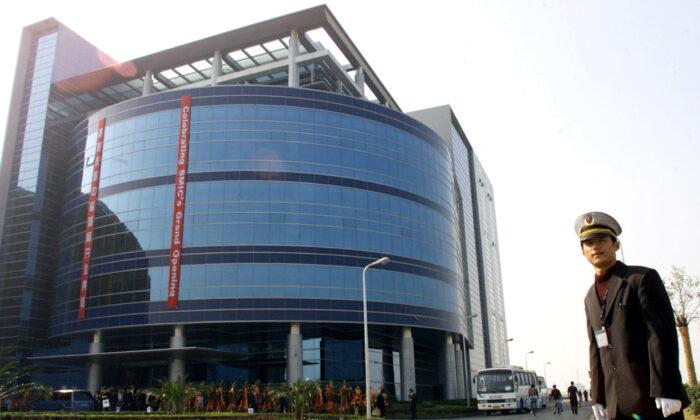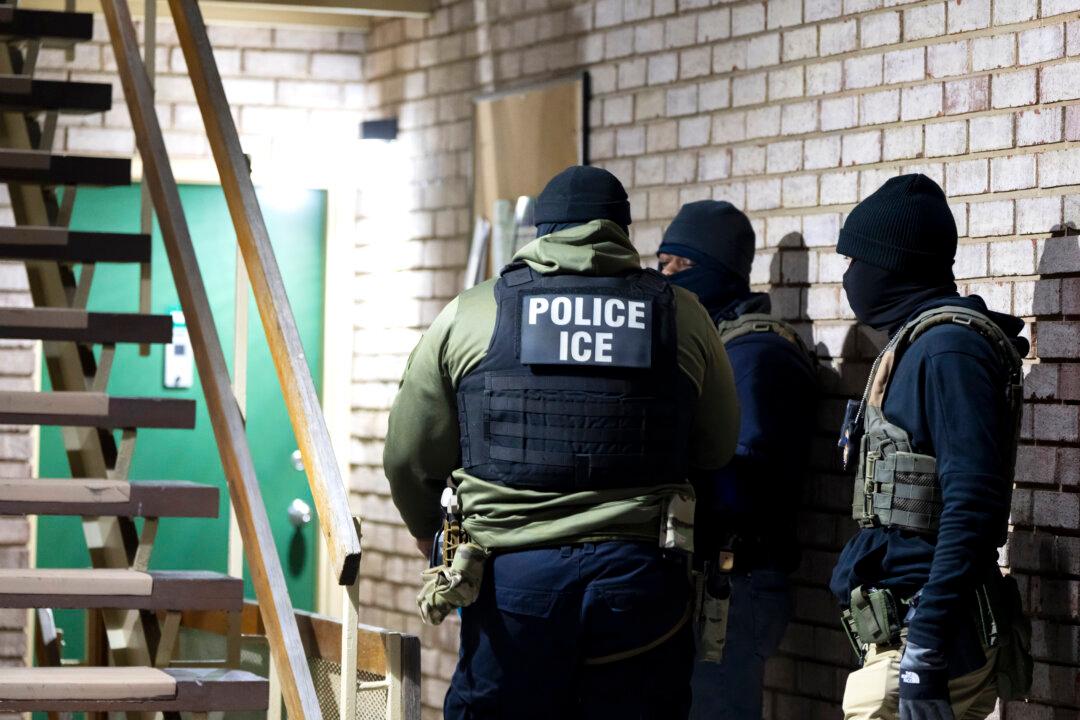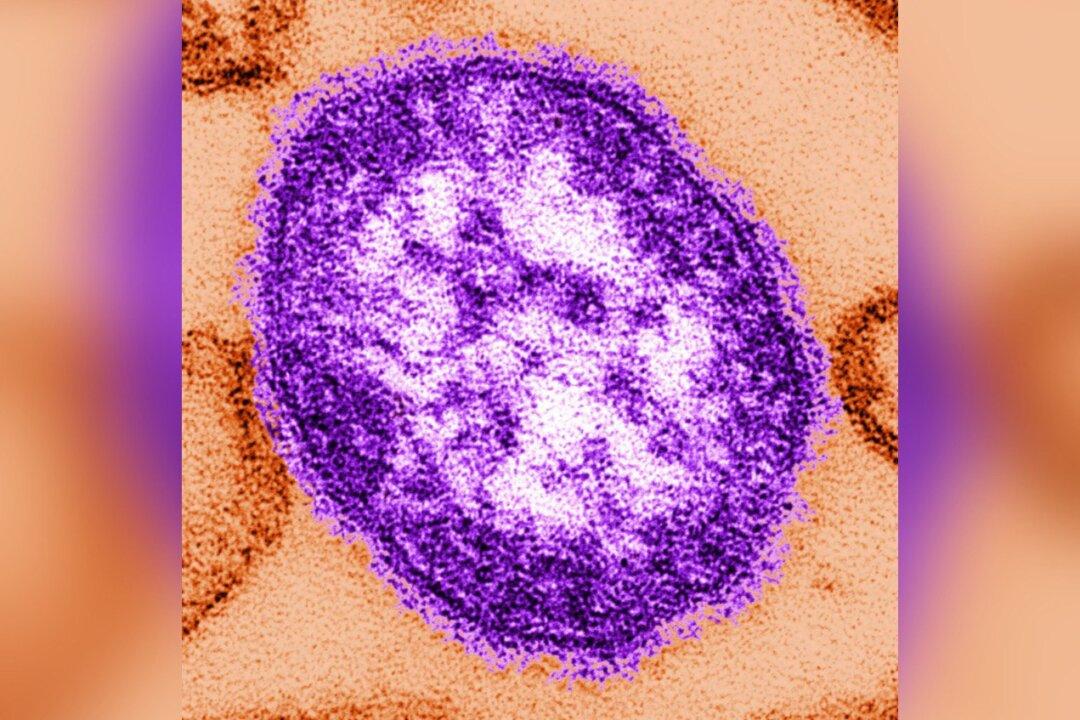The United States has added dozens of Chinese companies, including a top manufacturer of semiconductors, to a trade blacklist because of national security concerns, Commerce Secretary Wilbur Ross said.
The Commerce Department released a list of 77 companies and affiliates to be included on the so-called entity list, including 59 Chinese companies.
Among those blacklisted include Semiconductor Manufacturing International Corp. (SMIC), which is the largest Chinese chip manufacturer and supplies firms such as Qualcomm and Broadcom. Those companies will join the likes of Huawei and hundreds of other Chinese companies, according to Ross.
The State Department said four Chinese companies were added to the list for “enabling human rights abuses within China by providing DNA-testing materials or high-technology surveillance equipment” to the regime. They included Chinese drone-maker DJI, the world’s biggest manufacturer of commercial drones.
“We urge the Chinese Communist Party to respect the human rights of the people of China, including Tibetan Buddhists, Christians, Falun Gong members, Uyghur Muslims, and members of other ethnic and religious minority groups,” Secretary Mike Pompeo said in a statement.
Also sanctioned were 19 Chinese entities involved in “systematically coordinating and committing more than a dozen instances” of theft of U.S. trade secrets, undermining U.S. efforts to counter trafficking of nuclear materials, or flouting U.S. export controls, according to Pompeo. This includes several defense universities that support the Chinese military.
The Trump administration also imposed restrictions on dozens of Chinese entities that aid Beijing’s aggressive activities to stake its territorial claims in the South China Sea. This includes 25 research institutes affiliated with state-owned China State Shipbuilding Corp., as well as state-run China Communications Construction Co.

Last month, the Defense Department added the semiconductor company to a blacklist of alleged Chinese military-linked companies, effectively banning U.S. investors from buying its shares starting late next year. SMIC has said it has no ties to the Chinese military.
The Trump administration has frequently used the entity list—which now includes nearly 300 China-based companies and affiliates—to affect key Chinese industries. In addition to Huawei and about 150 affiliates, ZTE Corp. also was placed on the list due to a violation of sanctions.





